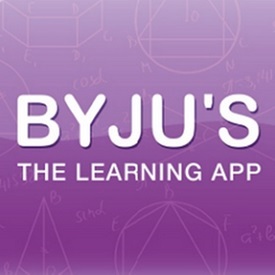Mobile learning, like any change initiative, involves working in partnership. If it’s to become a successful business model, then it should have clearly defined set of principles. As discussed previously, the faculty members of a college shouldn’t be opposing the new technology while the management is actively pursuing their separate agenda.

Other stakeholders might also need to have a complete understanding of the working model of mobile learning to be able to make it successful. Some of the following questions will help in finding a framework within which mobile learning should be improved −
- How much will be the initial cost investment in implementing mobile learning?
- What skills do teachers need to be comfortable with mobile learning?
- What are the areas depending on which you can measure success?
- How can fasten the process of acceptance and adoption?
- What pre-existing problems does mobile learning solve?
- What technologies does it need to be implemented?
Evaluation
Every result-oriented step needs to have an evaluation to understand the level of influence it left. For many reasons, evaluating a technology based process, which is still in an evolving state, is quite a daunting task. The complexities of evaluation in mobile learning arise from the absence of an evaluating standard. There are various contexts in which a person may want to learn different facts. Evaluating a change involving technology can be challenging for a variety of reasons. The following pointers will help in identifying a set of expectations that people will have from an evaluation system −
- The sources whom the learner uses for learning
- Learning objectives and expected outcomes
- Learning methodologies and pedagogies
- The physical layout of the learning place
- Learning process and tools used
While these questions will definitely guide the developers towards developing a better environment, it is important to lay a solid foundation from the beginning. There are certain factors that every mobile learning platform is supposed to have. Some of these key elements are −
- Robustness of the platform
- Trustworthiness
- Cost efficient and time efficient
- Ethical practices
- Within Legal Boundaries
- Specific and exact
- Technologically sound
- Consistent and reliable
When these areas are addressed, the users will get a robust framework within which they will be able to get learning on the go, as well as getting exact information that are pointed and targeted to provide answers in real time.
Example − BYJU
How BYJU has provided a good Mobile learning platform to the students?
Faculty take all possible measures to provide 24*7 assistance to all their students through email, and on phone and WhatsApp. They provide a tablet that comes preloaded with videos with expandable SD card memory.

They provide discussion labs in which learners can hold extensive and detailed conversations. Information is available neatly in bullet points and for easy accessibility. In addition to all this, they have the best educators on the subject who stay online at all available times to provide speedy resolution.
Learning working make money